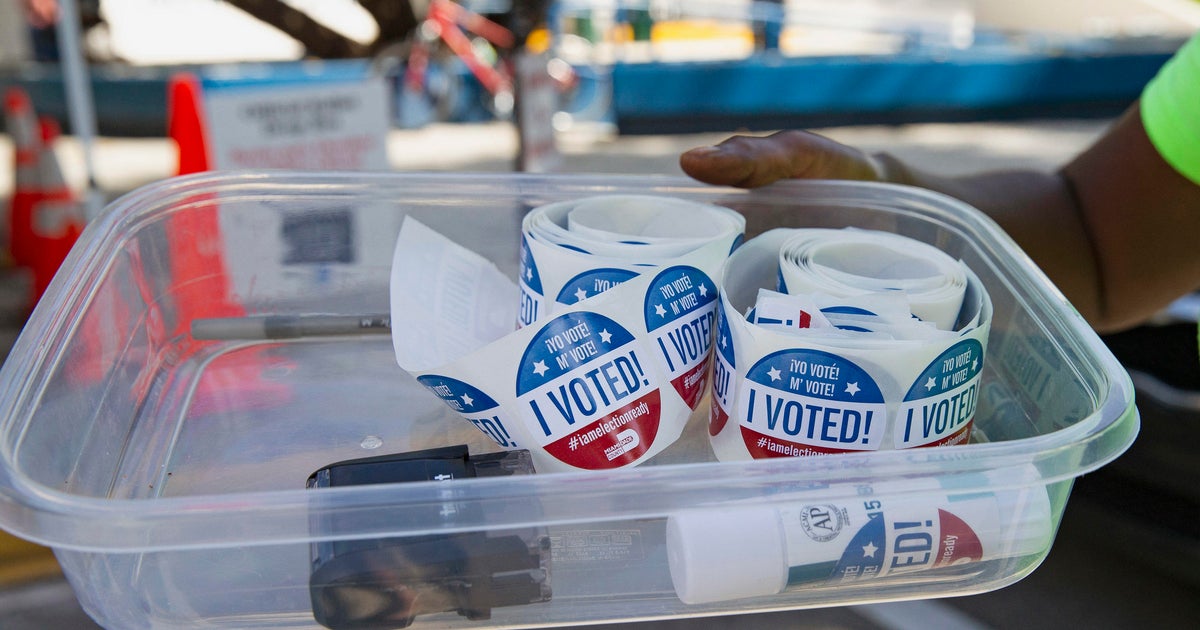Because Election Day is not a U.S. holiday, most American adults are at work on the Tuesday after the first Monday in November, the day designated for federal, state, and local general elections. But 28 states and several thousand companies guarantee employees time off to vote.
Without a federal law guaranteeing voting leave, some workers could take a financial hit if they have to leave work to cast their ballot, depending on the state in which they live and work.
Making Election Day a federal holiday has been proposed several times, with the most recent measure introduced earlier this year by Rep. Anna Eshoo, a California Democrat, through the Election Day Holiday Act, which is now stalled in Congress. She cited a survey showing that 26% of Americans report that commitments, including work, kept them out of the polls.
“No one should be prevented from voting because he or she has to work or care for a family member,” Rep. Eshoo said in February.
Four years ago, 62.8% of eligible voters cast a ballot for President Joe Biden or former President Donald Trump, representing the highest turnout in decades for a U.S. election but still lagging behind many countries in the developed world , according to Pew Research.
Why is Election Day on Tuesday?
Americans continue to vote based largely on the needs of nineteenth-century farmers. As Bloomberg’s Claire Suddath noted, Election Day falls on the day deemed most convenient for those who could legally vote in 1845: white men.
Because 179 years ago farming was the most common occupation and many adults went to church on Sundays but also took a whole day to drive into town to vote, Congress went along with the Tuesday after the first Monday in November, when most of the planting and harvesting was done. .
Today, many working Americans are at work on Election Day while their children have the day off from schools that double as polling places, often leaving parents scrambling for child care. The problems prompted the nonprofit Politisit and partners to offer free childcare on election days in multiple states, including Georgia, New York, North Carolina, Pennsylvania and Texas.
Which states have voting leave laws?
At a time when 80% of working Americans work weekdays, it can be difficult for many to vote in the middle of a Tuesday, prompting some states to implement measures such as early voting and voting by mail.
Furthermore, 28 states and the District of Columbia have laws requiring employees to be given time off to vote, with most, but not all, stipulating that employees should not take a financial hit. Additionally, North Dakota has a law that encourages – but does not require – employees to get time off.
The following states require voting leave, with the exact rules varying by state, according to a state-by-state overview written for employers by Fisher Phillips, an employment law firm:
- Alabama
- Alaska
- Arizona
- Arkansas
- California
- Colorado
- Georgia
- Illinois
- Iowa
- Kansas
- Kentucky
- Maryland
- Massachusetts
- Minnesota
- Missouri
- Nebraska
- Nevada
- New Mexico
- New York
- Ohio
- Oklahoma
- South Dakota
- Tennessee
- Texas
- Utah
- West Virginia
- Wisconsin
- Wyoming
Should companies give time off to vote?
Without federal law, voting rights are based on state rules – but corporate America has also done its part.
More than 2,020 companies have joined Time to Vote, a nonpartisan, business-led initiative launched in 2018 Through Levi StraussPatagonia and PayPal to increase participation in U.S. elections by committing to giving their employees a schedule to vote.
This year, for the first time, Ikea is offering two hours of paid leave to vote on election day. “Any colleague who works more than 20 hours per week is eligible for this benefit,” said a spokesperson for the furniture retailer.
